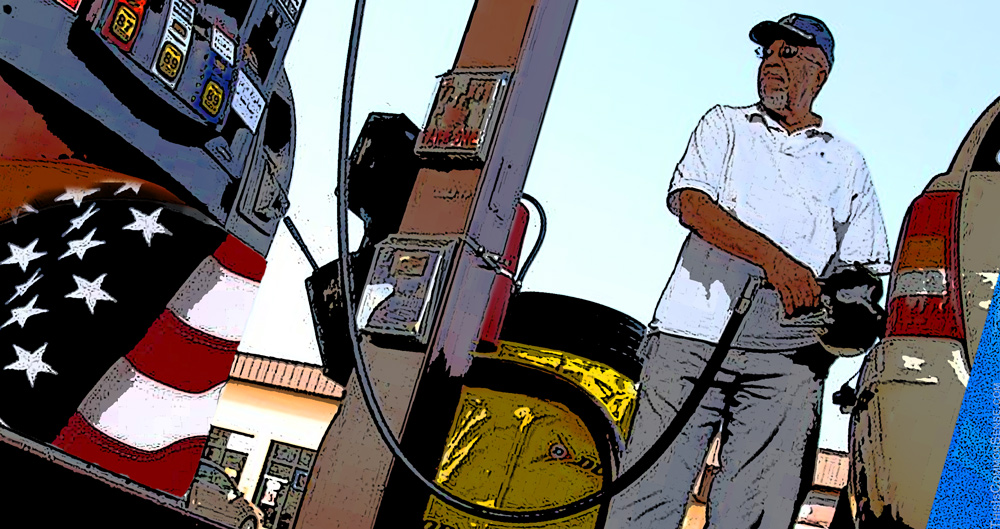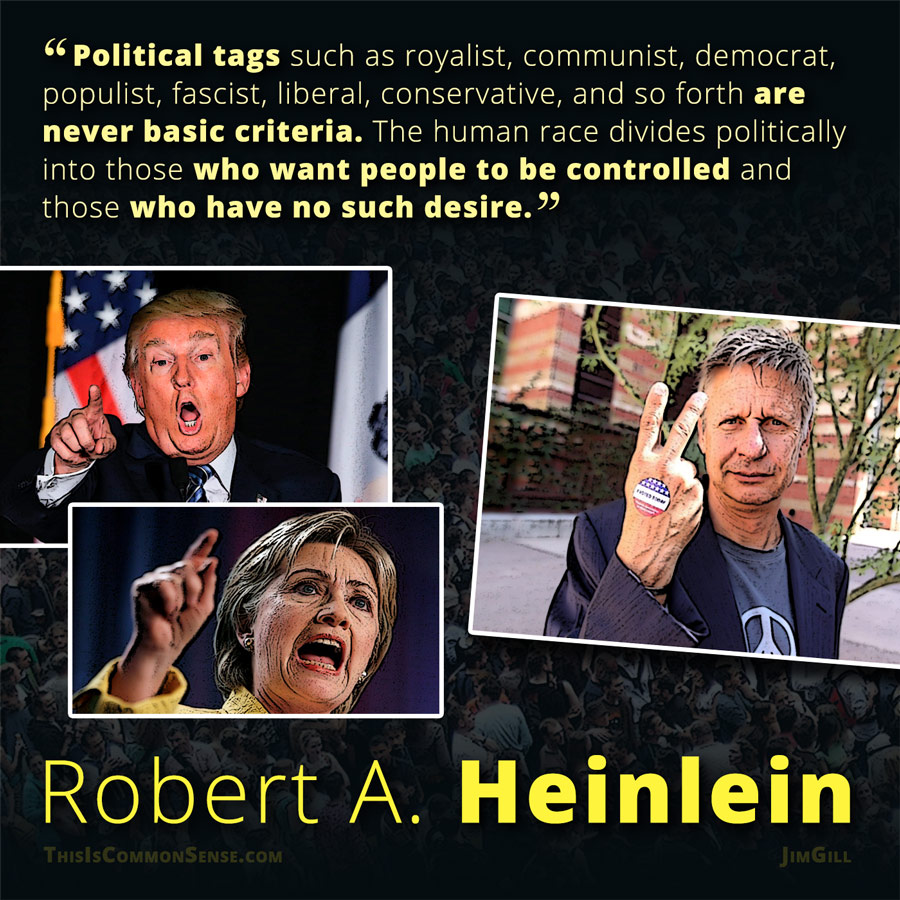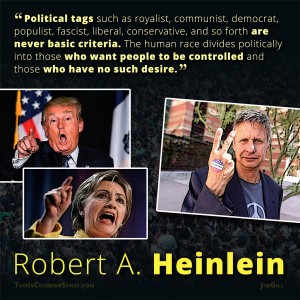The Great State of Oregon is not at DEFCON 1. Nor are Beaver State residents gnashing their teeth over a new law that went into effect earlier this week.
News reports proclaimed: “People in Oregon are freaking out about the thought of pumping their own gas under a new law.” But don’t believe everything you read.
For starters, Oregon’s new law doesn’t actually force anyone to do anything. It merely allows “retailers in counties with a population of less than 40,000 … to have self-service gas pumps.”
But a Facebook post by KTVL CBS 10 News in Medford took it an apparently frightening step further, asking, “Do you think Oregon should allow self-serve gas stations statewide?” The post went viral nationwide because of responses such as this:
I’ve lived in this state all my life and I REFUSE to pump my own gas . . .
This [is] a service only qualified people should perform. I will literally park at the pump and wait until someone pumps my gas.
Oregon is one of only two states — New Jersey, the other — where gas stations are banned from permitting customers to put gas in their own cars. Folks in the other 48 states have managed, as one Facebooker explained, “to pump gas without spilling the whole tank and triggering a Star Wars-style explosion.”
Still, if Oregonians so revere their regulatory regime, protecting them from the indignity of pumping gas, why change the law even partially?
Well, for economic reasons. As you might expect, gas stations across rural Oregon were closing at night, stranding many motorists.
Freer markets offer greater protection for real people … those not too perplexed by the prospect of pumping their own petrol.
This is Common Sense. I’m Paul Jacob.









